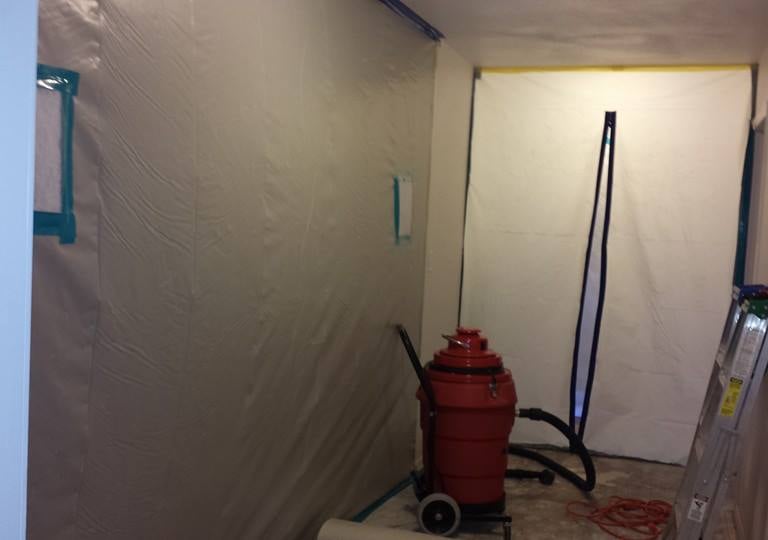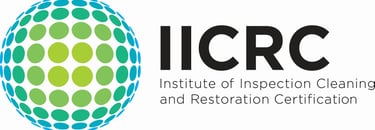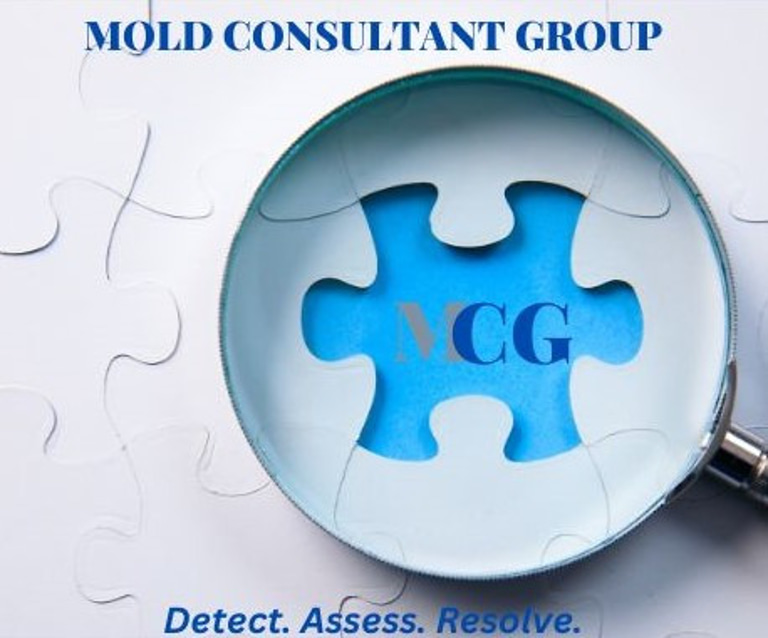Mold Removal Steps for a Healthy Environment
Discover the essential steps for effective mold removal and remediation. Learn how to restore a healthy environment with our comprehensive guide on mold cleanup.
3/6/20252 min read


The Mold Remediation Process: What Texas Homeowners Can Expect
Finding mold in your home or business can feel overwhelming. From health concerns to property damage, mold is more than a cosmetic issue — and proper removal requires a licensed and structured process.
At Mold Consultant Group, we help clients across Montgomery, The Woodlands, Spring, Conroe, Willis, Tomball, Magnolia, and Cypress navigate the mold remediation journey with confidence, starting with assessment and ending with clearance.
Here’s what the professional remediation process looks like — step by step.
🔍 Step 1: Mold Inspection & Assessment
The process starts with a detailed inspection by a licensed Mold Assessment Consultant (MAC), as required by Texas law for mold jobs exceeding 25 contiguous square feet.
This includes:
Visual inspection of high-risk areas
Moisture mapping and thermal imaging
Air and/or surface sampling to detect mold types and spore counts
A written Mold Remediation Protocol, outlining exactly what the remediation contractor must follow
🚧 Step 2: Containment of Affected Areas
To prevent cross-contamination during mold removal, the remediation team will:
Seal off the work area with plastic barriers
Use negative air pressure machines to keep spores from escaping
Shut off HVAC airflow in the affected zone
This ensures mold spores don’t spread to unaffected parts of the home.
🧼 Step 3: Mold Removal & Cleaning
The remediation company follows the protocol to:
Remove and dispose of mold-contaminated porous materials (like drywall, carpet, insulation)
Clean and disinfect non-porous surfaces with approved antimicrobial solutions
HEPA vacuum all surfaces to eliminate spores and prevent recurrence
💨 Step 4: Air Filtration & Environmental Control
Throughout the project, remediation teams use:
HEPA air scrubbers to trap airborne mold spores
HEPA vacuums to clean mold residue from surfaces and materials
This step improves indoor air quality and prepares the space for post-remediation verification.
✅ Step 5: Final Clearance Testing
Before repairs begin, your licensed mold consultant returns for post-remediation verification (PRV).
This includes:
A thorough visual inspection of cleaned areas
Air and surface sampling to ensure mold levels have returned to Condition 1 (normal fungal ecology)
Issuance of a Certificate of Mold Damage Remediation (CMDR) — required in Texas to document a successful cleanup
📜 This certification is vital for real estate transactions, insurance claims, or tenant communications.
🔧 Step 6: Repairs & Restoration
After passing clearance testing, the property can be restored. This may include:
Replacing drywall, flooring, trim, or insulation
Painting or refinishing affected areas
Final cleanup and site walk-through
Once complete, the area is safe to reoccupy and ready to return to everyday use.
🛡️ Why the Right Process Matters
Professional mold remediation isn’t just about removal — it’s about:
Protecting your family’s health
Following Texas law and best practices
Preventing future growth
Ensuring your home is clean, compliant, and restored
📍 Serving Montgomery | The Woodlands | Spring | Conroe | Willis | Tomball | Magnolia | Cypress
📞 Ready to Start the Mold Remediation Process?
Call 832-280-4747 or schedule your consultation at www.moldconsultantgrp.com
From discovery to documentation — we’re your trusted guide through every step of safe, certified mold remediation.
Mold Consultant Group, LLC
Services
Contact
info@moldconsultantgrp.com
832-280-4747
© 2025. Mold Consultant Group All rights reserved.
Mold testing and identification
Mold assessments
Mold Protocols
Comparative remediation and repair estimates
CAD floor plans and measurements




